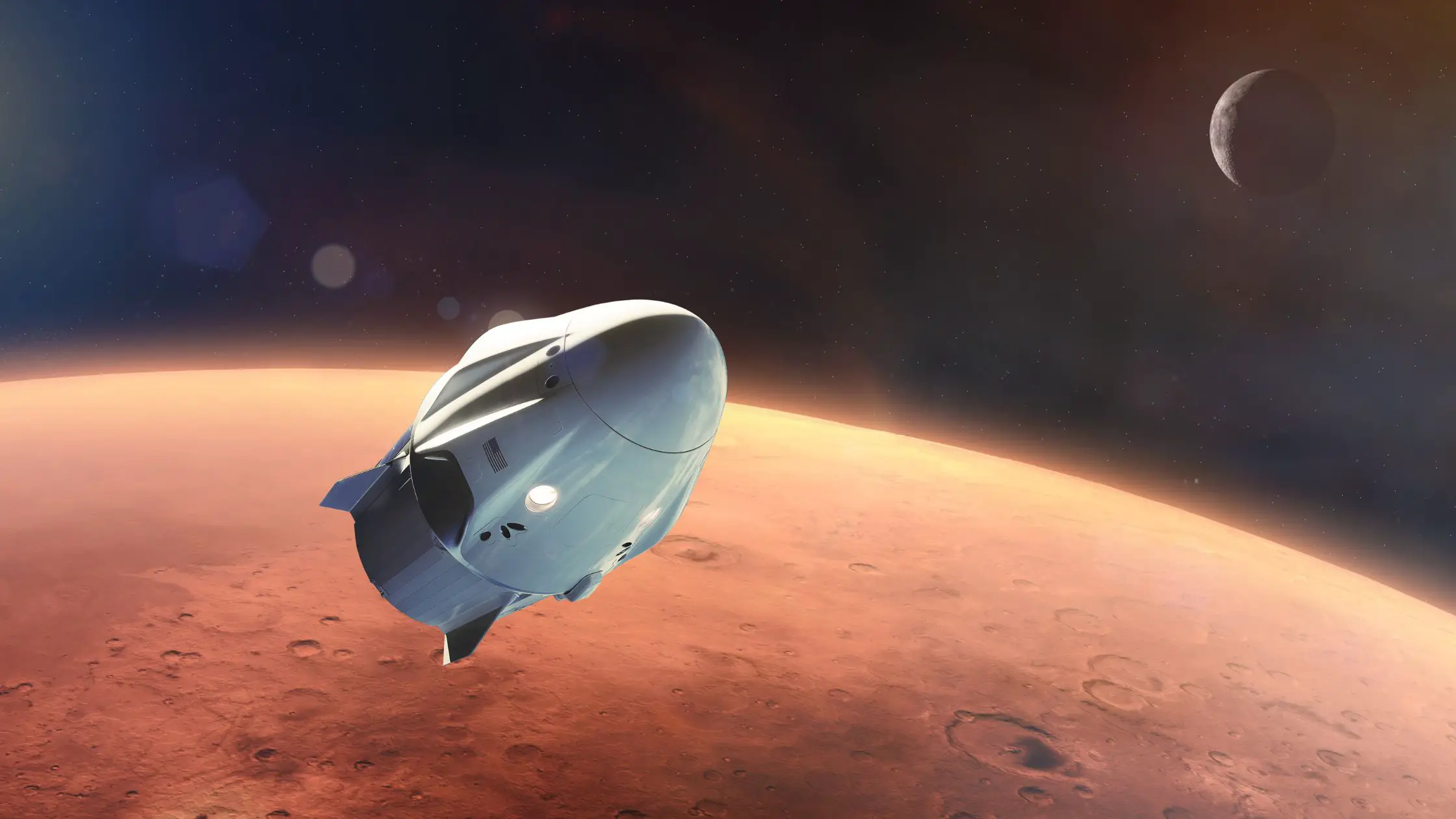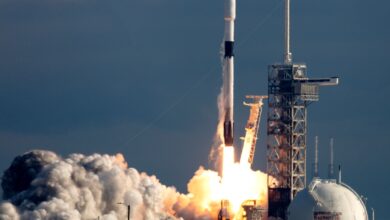Last year, NASA reached a goal to remind humanity that the future is almost here: it landed one of its rovers on Mars. However, it’s only the tip of the iceberg for the commercial space travel enthusiasts and billionaires as many of them believe that the United States of America can start sending people outside the Earth orbit in a matter of ten years if everything goes right.
But apart from the private companies or government agencies setting the sights beyond the Blue Planet, the enthusiasm to travel to space seems more grounded. How? Well, most adults in the US don’t see sending humans – civilians or astronauts – to Mars or the moon as a high priority at present. However, most of the general public still wants the USA to have global dominance in the matters of spaceflight.
So, how does that impact the demand for commercial space travel? Take a look.
Commercial space travel: A top priority or an important priority?
In a recent survey conducted among 2,200 adults in the USA, 33% mentioned that sending human astronauts to Mars or the moon need to be a ‘top’ or an ‘important but lower level’ priority for the government. In fact, the public gives a lot more emphasis to other aspects of space such as monitoring the climate system of the earth (63%) or monitoring the asteroids and other objects that might strike the earth surface (62%).
Such priorities clearly showcase what the US adults’ thoughts are on space exploration and research. Though a plurality (47%) mentions that it is crucial for the US to be the world leader in space research and exploration, others think that it needs to be a high priority for the administration. Interestingly, not too many people are keen on embarking in a space trip themselves, even when you take the hefty ticket prices out of the equation.
It seems that people perceive space tourism as ‘a good thing to do,’ but they don’t want to spend time considering it or going to space themselves.
Though the survey comes with an error margin of two percentage points, it highlights several key trends.
The rising share prices of Virgin Galactic and other spaceflights
While the public still shows skepticism about flying to space, the shares of spaceflights like Virgin Galactic have been climbing steadily. In fact, Virgin Galactic shares can climb to over 30% in the next twelve months. The financial experts believe that the company is going to ramp up in value as the demand increases in the arena of space tourism.
The firm estimated that Virgin Galactic is going to have four spaceships in the fleet within three years. Afterward, they plan to increase fourteen spaceships and $1.71 billion of revenue in 2030 depending on 3,360 passengers. Their shares have been rising in value since last year, and it surged to around $62.80 by mid-February.
Thus, one thing is clearly evident – the public might not be too keen on space tourism as of yet but the high-net-worth individuals are steadily showing an interest in this field. As such, there are enough reasons to believe in the long-term prospects of Virgin Galactic, which has the support of a growing backlog and early mover benefits, alongside the lure of offering a unique experience.
The demand to hold on to the competitive edge
The public in the United States of America still believes that the country has to keep the competitive edge in spaceflight to move ahead of other threats. At least 52% (half of the surveyed adults) believe that China is a top threat to the US leadership in spaceflight and research. 45% said the same thing about Russia, while the rest considered North Korea a threat. 30% considered Iran to be a big threat. Every surveyed country was included depending on the assessment by the Defense Intelligence Agency regarding the countries that can pose a threat to space security.
However, the public does not have much of an opinion when it comes to other specifics of space issues. For instance, when they were asked which company or agency is best suited to deal with sending human first-timers to the moon, most of them mentioned international space partnerships and federal space agencies, while others had no opinion. At least one in five respondents did point out the private aerospace companies.
Absence of budget windfall fueling growth and demand
The growing presence of the private space companies exist in the background of the government efforts, the companies do not see any political turmoil or budget windfalls. As per the estimates of Morgan Stanley in July, the global space industry can generate over $1 trillion in revenue in 2040. This is compared to about $350 billion that was estimated in 2020.
Space Capital, one of the venture capital firms at seed-stage that is focused on the growing space economy, reported that investors have already poured in $15.7 billion into 252 space companies in 2020, which includes $9.4 billion to the USA companies.
This outpouring of funds is clearly showing in the highly ambitious goals of the private space companies. For instance, Elon Musk, the chief executive of SpaceX Inc. Said that he is extremely confident in the ability of his company to land people on Mars by 2026. In fact, going by his estimates, SpaceX is going to land one million people on the Red Planet by 2050. Jeff Bezos, the ex-CEO of Amazon.com Inc. Hopes to devote more time to his spaceflight venture, Blue Origin. He even left his role at the ecommerce giant to focus on space.
Though a majority of adults (54%) are bullish that people are going to become space tourists in the next fifty years, they are not too keen on getting into space themselves. As a matter of fact, fifty-eight percent people said that they either ‘not at all likely’ or ‘not too likely’ to go to space even if price was not an issue. This is almost ten points up from the 48 percent who held the same opinion in the September Morning Consult and Politico poll. So, in a way, the general public is also slowly but gradually opening up to the idea.
Thus, even though there is a section (53%) that is not willing to spend less or more than the current price of any regular flight tickets to reach Mars, there are enough reasons for the companies to keep hope.
The numbers may change slightly based on age and gender. More men (44%) said they were more likely to embark on commercial space travel if price were not a factor than women (23%). On the other hand, going to space was much more popular among Gen Z (46%) and Millennials (49%) compared to 19% of Baby Boomers and 32% of Gen X adults.
The demand of space exploration amidst the pandemic
Many are of the opinion that turning space exploration into a priority during the pandemic can do wonders for the morale of the Americans. Think of what happened at the time of the first moon landing in 1969 that started on the heels of more than ten years of international and domestic civil unrest.
It led to a counter balance to the ongoing negativity of that time. When people take inspirational steps in space, such as traveling beyond land rovers on the Red Planet or walking on the moon, it gives the world a sense of a hopeful future – a feeling of positive achievement that counters pervasive negativity.
The endnote
It can be derived from the above discussion that the demand for space travel commercial is way higher among the billionaires and the rich compared to the general population. However, the general population is gradually becoming keen on the idea. And they might even hop on those flights as the tickets get cheaper.







